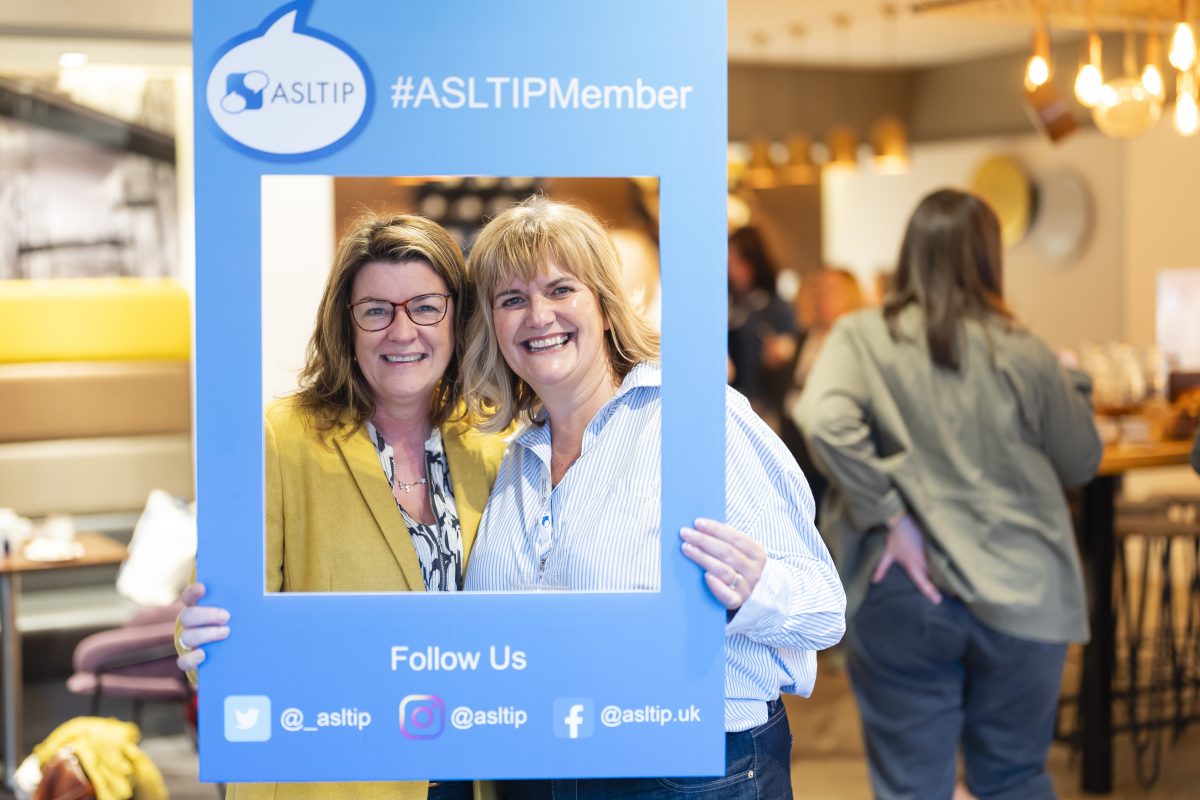
Lorem ipsum dolor sit amet, consectetur adipisicing elit. Magnam nobis quas quo voluptate voluptatibus.

Welcome to ASLTIP’s guide to finding and working with a speech and language therapist. Use the sections below to find answers and links to help you get started.
Our directory helps you find a therapist that suits your needs in three ways:
If you’re unsure what the search categories mean, visit our support pages to learn more: Support for Children and Young People | Support for Adults
Free to use. Commission free.
Search by age, location, experience or format
ASLTIP therapists work in many different settings to best meet your needs:
Therapists tailor their approach to suit you and your individual circumstances.
ASLTIP therapists set their own fees and payment policies. Before your first appointment, you should receive clear information about:
ASLTIP is a not for profit organisation. We do not charge referral fees or take commissions. You deal directly with your therapist without any hidden costs
All ASLTIP members are:
If your therapist feels your needs require specialist support beyond their expertise, they will refer you to the right professional.
Your privacy matters. ASLTIP therapists follow UK data protection laws including GDPR. They store your information securely and keep it confidential.
You have the right to access your records and understand how your data is used. More Information
While ASLTIP therapists work independently, they are part of a supportive professional community. This means they:
This network helps ensure high quality, independent therapy across the UK.
Your experience matters. If you have concerns or feel your needs aren’t being met:
Remember, your wellbeing is the priority. Getting help early can make a difference
Join ASLTIP to connect, collaborate, and be found. Members appear in our national directory and gain access to resources, support, and a thriving professional community.
Apply for a membership

Sending to:
Thank you for your message. It has been sent. We recommend checking your junk/spam folders. If you do not hear back from a Speech and Language Therapist (SLT), it may be because they are currently at capacity. We encourage you to continue your search.